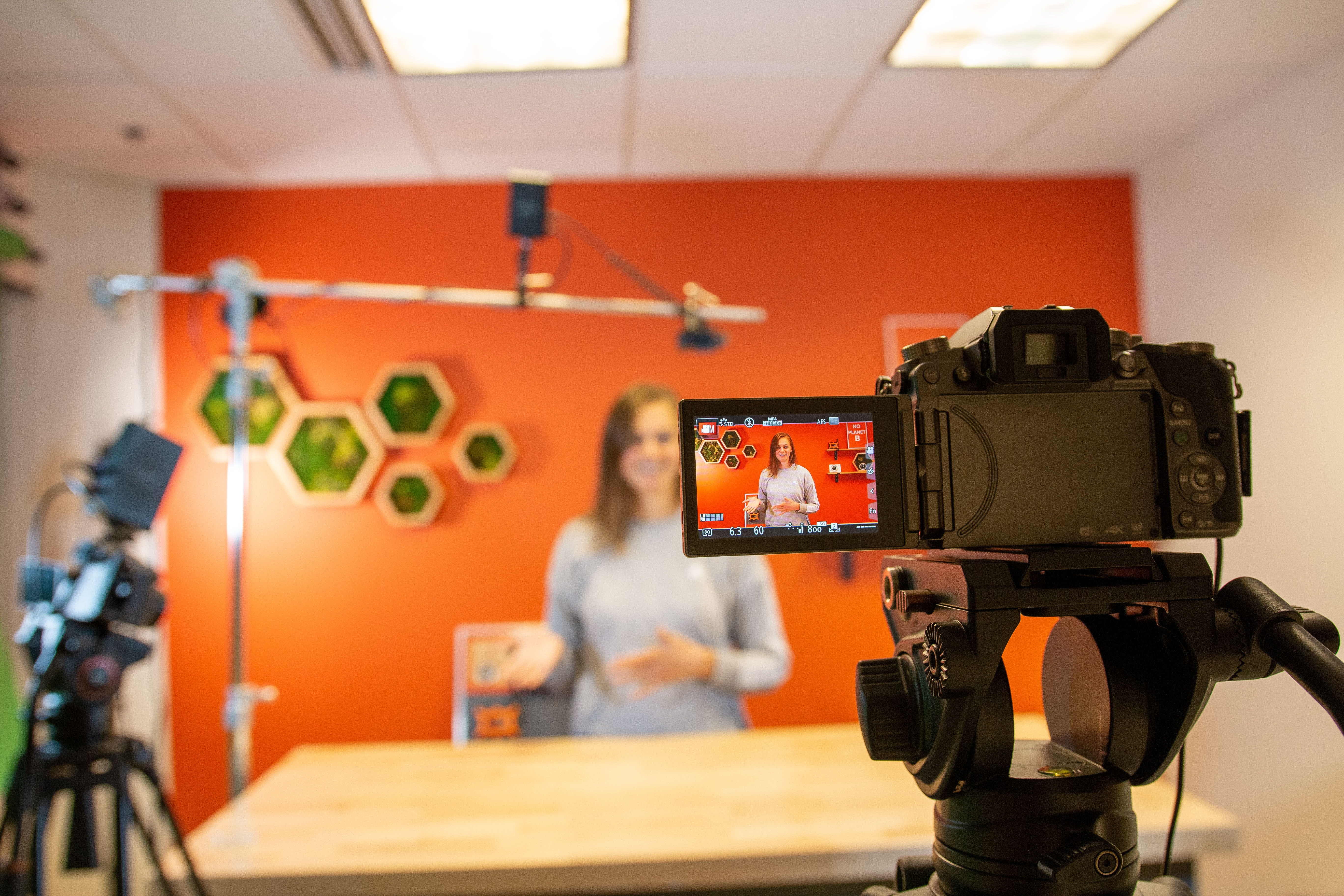Social cooling is rising, with many people not realizing what is happening when they use online platforms. There’s an increase in reports of individuals’ online activity being used against them for a dizzying array of reasons. These situations have led to devastating repercussions for individuals that ultimately affect their families, life goals, and employment. To help ensure you and your family are practicing safe online practices, check out our Screen Safety Essentials Course. Learn what you need to know about social cooling in today’s GKIS article to determine, whether it is impacting you.
Social Cooling & How It Works
Social cooling refers to the idea that if you feel you are being watched, you change your behavior.[1] It describes the long-term adverse side effects of living in a reputation economy.[3] The immense amount of your collected data, specifically online data, inflates this effect.[1] This can limit our desire to think or speak freely, causing chilling effects on society called social cooling.[1] This works by using your data and turning it into thousands of different scores.[2] Data brokers compare your data patterns against other data to guess the likelihood of characteristics you probably have not shared.[2]
Real examples include
- Device preference
- Planning to have a baby
- Communication
- Number of real friends
- Real sexual orientation
- Easily adjustable
- Gullibility
- Projected sexual orientation
- Rape victim
- Had abortion
- Date of birth
- Gun owner
- Parental divorce before the age of 21
- Agreeableness
- Economic stability
- IQ[2]

How are you affected?
According to SocialCooling.com, people are starting to realize that their ‘digital reputation’ can limit their opportunities.[2] There has been a rise in reported activity and data that is being used to hinder you in some way. For example, Cambridge Analytica created psychological profiles on all Americans to try and dissuade people from voting.[2]
Other examples of how your digital reputation could negatively impact you include:
- You don’t get that dream job if your data, such as your social media presence, suggests that you are not a positive person
- If you are observed to have “bad friends” on social media you may pay more for your loans
- If you are a woman, you may see fewer ads for higher-paying employment positions
- The popular dating app Tinder may not show you attractive people if your data suggests you’re undesirable
- Your health insurer may collect personal data about your lifestyle choices, race, habits, and more
- What you post on social media may influence your odds of getting a tax audit
- If you return goods to the store, you may not be offered product ads[2]

What effect is this having?
SocialCooling.com has found that the backlash resulting from online habits is causing some people to make other online choices to get better data scores. In a culture of conformity, people can feel more pressure and practice self-censorship.[2] An example of this would be hesitation to click on links in fear of that login reflecting poorly on you. Another result is an increase in risk aversion, which refers to people avoiding risky behaviors in fear of how they may be perceived. Increased social rigidity has also been observed as an effect.[2]
When digital reputation systems limit people’s will and ability to protest injustice, this system may serve to be a powerful and subtle form of behavioral control.[2] An excellent example is China’s mandated social credit score. This score represents a data set on each Chinese citizen that includes information about their criminal records, purchases, scores of their friends, and how well-behaved they are.”[2] When they have a low score, the person can’t get a visa, a lovely online date, a cheap loan, or a government job.[2] To read more on artificial intelligence (AI) facial recognition and the potential dangers associated with such technology, check out our Is Artificial Intelligence Facial Recognition Threatening Our Privacy article.
With social cooling, an individual’s weaknesses are being mapped, making people too transparent.[2] People argue that this is causing a society where risk aversion and self-censorship are the new standards.[2] This also raises the question of whether we are becoming more well-behaved but less human.[3] Unlike the standard credit scores that we are used to, these methods are new, with impressive levels of integration, accessibility, and automation.[2] Other questions raised are whether this will impact our ability to evolve as a society and if we are undermining our creative economy.[3]

How To Protect You & Your Family
The world we live in is dominated by always-evolving technology, and it’s important that you know the potential dangers that are out there to prevent yourself and your loved ones from being victimized. Our psychologist Dr. Bennett has dealt with online injuries over the course of her career and created Safety Courses, Private and personalized Coaching, and also offers Workshops. We recommend you check out our GKIS Screen Safety Toolkit for smart tech tools for monitoring, filtering, and management, plus tips to find the workarounds. The GKIS Screen Safety Toolkit is a family-tested, outcome-based resource guide with our best recommendations, how-to information, and links to our favorite easy-to-onboard parental control systems. You’ll be set to create the custom screen safety toolkit for your unique child.

I’m the mom psychologist who will help you GetKidsInternetSafe.
Onward to More Awesome Parenting,
Tracy S. Bennett, Ph.D.
Mom, Clinical Psychologist, CSUCI Adjunct Faculty
GetKidsInternetSafe.com
Works Cited
[1] What is Social Cooling? https://reasonandmeaning.com/2017/10/31/what-is-social-cooling/ [2] Like oil leads to global warming… data leads to social cooling https://www.socialcooling.com/ [3] SOCIAL COOLING https://bigmedium.com/ideas/links/social-cooling.htmlPhoto Credits
Photo by Alex Knight on Unsplash
Photo by Christina @ wocintechchat.com on Unsplash
Photo by Elisa Ventur on Unsplash
Photo by Jessica Rockowitz on Unsplash






